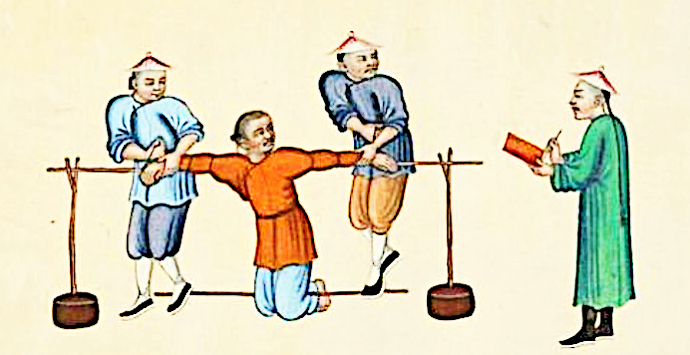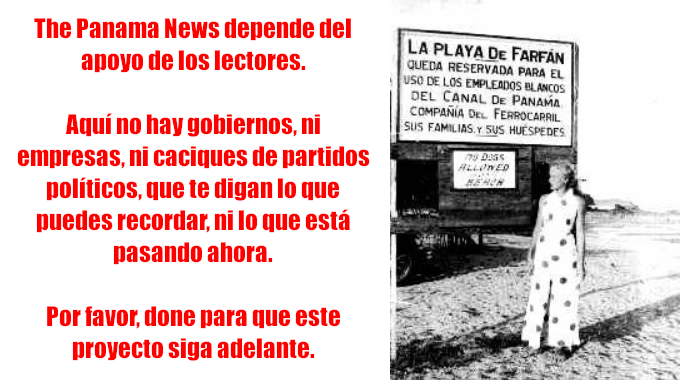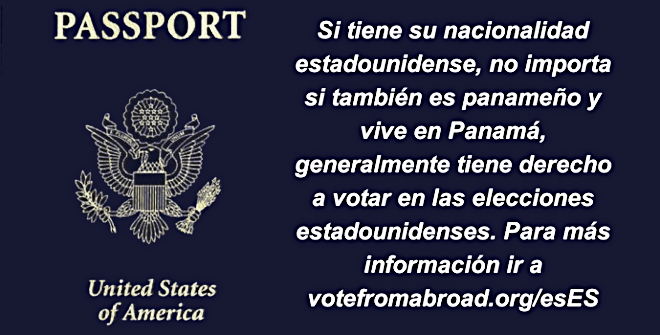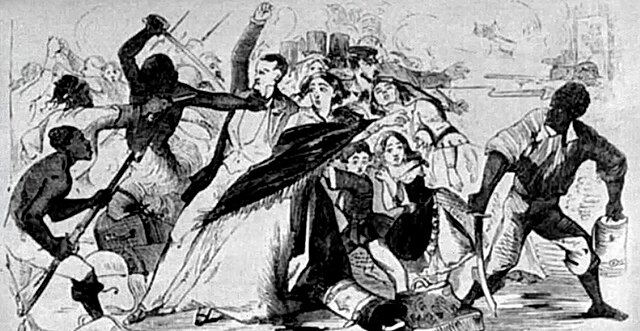German cops bust up the antiwar Palestine Congress, sponsored by among others Jewish Voice for Peace, because the German government accused it of being “Islamist.”
Proud, decent people led down a
perilous road to a heartless society
by Yanis Varoufakis
Friends,
Congratulations, and heartfelt thanks, for being here, despite the threats, despite the ironclad police outside this venue, despite the panoply of the German press, despite the German state, despite the German political system that demonizes you for being here.
“Why a Palestinian Congress, Mr, Varoufakis?,” a German journalist asked me recently? Because, as Hanan Ashrawi once said: “We cannot rely on the silenced to tell us about their suffering.”
Today, Ashrawi’s reason has grown depressingly stronger: Because we cannot rely on the silenced who are also massacred and starved to tell us about the massacres and the starvation.
But there is another reason too: Because a proud, a decent people, the people of Germany, are led down a perilous road to a heartless society by being made to associate themselves with another genocide carried out in their name, with their complicity.
I am neither Jewish nor Palestinian. But I am incredibly proud to be here amongst Jews and Palestinians – to blend my voice for Peace and Universal Human Rights with Jewish Voices for Peace and Universal Human Rights – with Palestinian Voices for Peace and Universal Human Rights. Being together, here, today, is proof that Coexistence is Not Only Possible – but that it is here! Already.
“Why not a Jewish Congress, Mr. Varoufakis?”, the same German journalist asked me, imagining that he was being smart. I welcomed his question.
For if a single Jew is threatened, anywhere, just because she or he is Jewish, I shall wear the star of David on my lapel and offer my solidarity – whatever the cost, whatever it takes.
So, let’s be clear: If Jews were under attack, anywhere in the world, I would be the first to canvass for a Jewish Congress in which to register our solidarity.
Similarly, when Palestinians are massacred because they are Palestinians – under a dogma that to be dead they must have been Hamas – I shall wear my keffiyeh and offer my solidarity whatever the cost, whatever it takes.
Universal Human Rights are either universal or they mean nothing.
With this in mind, I answered the German journalist’s question with a few of my own:
• Are two million Israeli Jews, who were thrown out of their homes and into an open air prison 80 years ago, still being kept in that open air prison, without access to the outside world, with minimal food and water, no chance of a normal life, of traveling anywhere, and bombed periodically for 80 years? No.
• Are Israeli Jews being starved intentionally by an army of occupation, their children writhing on the floor, screaming from hunger? No.
• Are there thousands of Jewish injured children no surviving parents crawling through the rubble of what used to be their homes? No.
• Are Israeli Jews being bombed by the world’s most sophisticated planes and bombs today? No.
• Are Israeli Jews experiencing complete ecocide of what little land they can still call their own, not one tree left under which to seek shade or whose fruit to taste? No.
• Are Israeli Jewish children killed by snipers today at the orders of a member-state of the UN? No.
• Are Israeli Jews driven out of their homes by armed gangs today? No.
• Is Israel fighting for its existence today? No.
If the answer to any of these questions was yes, I would be participating in a Jewish Solidarity Congress today.
Friends,
Today, we would have loved to have a decent, democratic, mutually-respectful debate on how to bring Peace and Universal Human Rights for everyone, Jews and Palestinians, Bedouins and Christians, from the Jordan River to the Mediterranean Sea with people who think differently to us.
Sadly, the whole of the German political system has decided not to allow this. In a joint statement including not just the CDU-CSU or the FDP but also the SPD, the Greens and, remarkably, two leaders of Die Linke, joined forces to ensure that such a civilized debate, in which we may disagree agreeably, never takes place in Germany.
I say to them: You want to silence us. To ban us. To demonize us. To accuse us. You, therefore, leave us with no choice but to meet your accusations with our accusations. You chose this. Not us.
• You accuse us of anti-Semitic hatred
• We accuse you of being the antisemite’s best friend by equating the right of Israel to commit war crimes with the right of Israeli Jews to defend themselves.
• You accuse us of supporting terrorism
• We accuse you of equating legitimate resistance to an apartheid State with atrocities against civilians which I have always and will always condemn, whomever commits them – Palestinians, Jewish Settlers, my own family, whomever.
• We accuse you of not recognizing the duty of the people of Gaza to tear down the Wall of the open prison they have been encased in for 80 years – and of equating this act of tearing down the Wall of Shame – which is no more defensible than the Berlin Wall was – with acts of terror.
• You accuse us of trivializing Hamas’ October 7th terror
• We accuse you of trivializing the 80 years of Israel’s ethnic cleansing of Palestinians and the erection of an ironclad apartheid system across Israel-Palestine.
• We accuse you of trivializing Netanyahu’s long-term support of Hamas as a means of destroying the Two-State Solution that you claim to favor.
• We accuse you of trivializing the unprecedented terror unleashed by the Israeli army on the people of Gaza, the West Bank and East Jerusalem.
• You accuse the organizers of today’s Congress that we are, and I quote, “not interested in talking about possibilities for peaceful coexistence in the Middle East against the background of the war in Gaza”. Are you serious? Have you lost your mind?
• We accuse you of supporting a German state that is, after the United States, the largest supplier of the weapons that the Netanyahu government uses to massacre Palestinians as part of a Grand Plan to make a two-state solution, and peaceful coexistence between Jews and Palestinians, impossible.
• We accuse you of never answering the pertinent question that every German must answer: How much Palestinian blood must flow before your, justified, guilt over the Holocaust is washed away?
So, let’ s be clear: We are here, in Berlin, with our Palestinian Congress because, unlike the German political system and the German media, we condemn genocide and war crimes regardless of who is perpetrating them. Because we oppose apartheid in the land of Israel-Palestine no matter who has the upper hand – just as we opposed apartheid in the American South or in South Africa. Because we stand for universal human rights, freedom and equality among Jews, Palestinians, Bedouins and Christians in the Ancient Land of Palestine.
And so that we are even clearer on the questions, legitimate and malignant, that we must always be ready to answer:
Do I condemn Hamas’s atrocities?
I condemn every single atrocity, whomever is the perpetrator or the victim. What I do not condemn is armed resistance to an apartheid system designed as part of a slow-burning, but inexorable, ethnic cleansing program. Put differently, I condemn every attack on civilians while, at the same time, I celebrate anyone who risks their life to TEAR DOWN THE WALL.
Is Israel not engaged in a war for its very existence?
No, it is not. Israel is a nuclear-armed state with perhaps the most technologically advanced army in the world and the panoply of the US military machine having its back. There is no symmetry with Hamas, a group which can cause serious damage to Israelis but which has no capacity whatsoever to defeat Israel’s military, or even to prevent Israel from continuing to implement the slow genocide of Palestinians under the system of apartheid that has been erected with long-standing US and EU support.
Are Israelis not justified to fear that Hamas wants to exterminate them?
Of course they are! Jews have suffered a Holocaust that was preceded with pogroms and a deep-seated antisemitism permeating Europe and the Americas for centuries. It is only natural that Israelis live in fear of a new pogrom if the Israeli army folds. However, by imposing apartheid on their neighbors, by treating them like sub-humans, the Israeli state is stoking the fires of antisemitism, is strengthening Palestinians and Israelis who just want to annihilate each other and, in the end, contributes to the awful insecurity consuming Jews in Israel and the Diaspora. Apartheid against the Palestinians is the Israelis’ worst self-defense.
What about antisemitism?
It is always a clear and present danger. And it must be eradicated, especially amongst the ranks of the global left and the Palestinians fighting for Palestinian civil liberties –around the world.
Why don’t Palestinians pursue their objectives by peaceful means?
They did. The PLO recognized Israel and renounced armed struggle. And what did they get for it? Absolute humiliation and systematic ethnic cleansing. That is what nurtured Hamas and elevated it the eyes of many Palestinians as the only alternative to a slow genocide under Israel’s apartheid.
What should be done now? What might bring Peace to Israel-Palestine?
- An immediate ceasefire.
- The release of all hostages: Hamas’s and the thousands held by Israel.
- A peace process, under the UN, supported by a commitment by the International Community to end apartheid and to safeguard equal civil liberties for all.
- As for what must replace apartheid, it is up to Israelis and Palestinians to decide between the two-state solution and the solution of a single federal secular state.
Friends,
We are here because vengeance is a lazy form of grief.
We are here to promote not vengeance but peace and coexistence across Israel-Palestine.
We are here to tell German democrats, including our former comrades of Die Linke, that they have covered themselves in shame long enough – that two wrongs do not one right make – that allowing Israel to get away with war crimes is not going to ameliorate the legacy of Germany’s crimes against the Jewish People.
Beyond today’s Congress, we have a duty, in Germany, to change the conversation. We have a duty to persuade the vast majority of decent Germans out there that universal human rights is what matters. That Never Again means Never Again. For anyone, Jew, Palestinian, Ukrainian, Russian, Yemeni, Sudanese, Rwandan – for everyone, everywhere.
In this context, I am pleased to announce that DiEM25’s German political party MERA25 will be on the ballot paper in the European Parliament election this coming June – seeking the vote of German humanists who crave a Member of European Parliament representing Germany and calling out the EU’s complicity in genocide – a complicity that is Europe’s greatest gift to the antisemites in Europe and beyond.
I salute you all and suggest we never forget that none of us are free if one of us is in chains.
Contact us by email at thepanamanews@gmail.com
To fend off hackers, organized trolls and other online vandalism, our website comments feature is switched off. Instead, come to our Facebook page to join in the discussion.
These links are interactive — click on the boxes

>



































